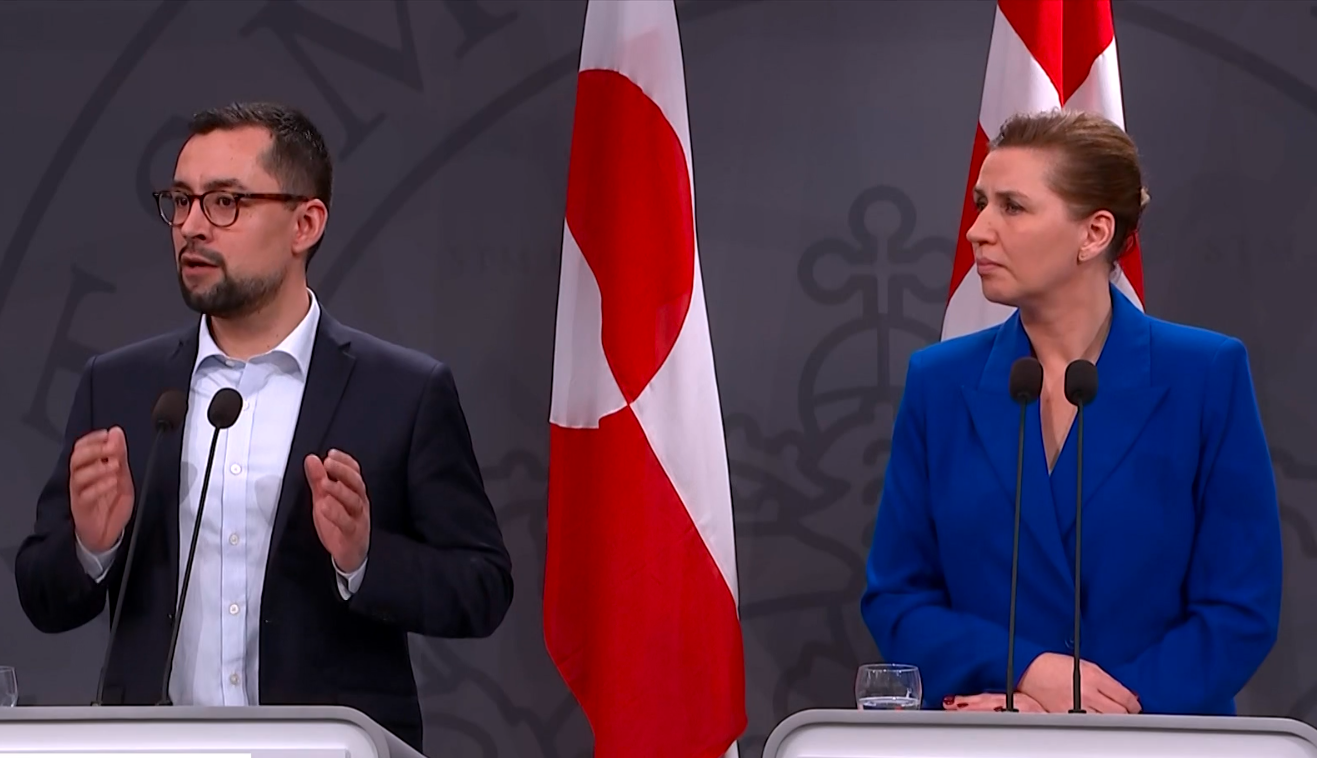Kurdish broadcaster Roj TV wants to appeal its sentence for promoting terrorism to the Supreme Court.
Last year, the Copenhagen City Court first found the TV station guilty of supporting the Kurdish separatist group and internationally-recognised terrorism organisation, the Kurdistan Workers' Party (PKK), and sentenced the two companies who own the TV station, Roj TV A/S and Mesopotamia Broadkast, to pay a 5.2 million kroner fine.
The TV station was allowed to continue broadcasting, however, leading the Danish authorities to continue the case against Roj TV, which the Turkish government is anxious to have shut down. After taking the case to the Eastern High Court, the fine against the two companies was doubled last week to ten million kroner and the broadcast licence was revoked with immediate effect.
Roj TV's lawyer, Bjørn Elmquist, yesterday lodged an appeal with the Supreme Court and has also requested that the Eastern High Court delay the withdrawal of the broadcast licence until the appeal is complete.
“The TV station wants to be acquitted or have its verdict reduced so that it won’t have its broadcast licence taken away,” Elmquist told Ritzau.“We want the Supreme Court to consider the balance between free speech and free press on the one side, and terrorism on the other. It is such a delicate balance that it ought to be considered by the Supreme Court.
Elmquist also wants to challenge the legal basis for the terrorism verdict as the channel had its broadcast rights revoked using laws that are designed to revoke rights from actual people rather than organisations.
“I want to test whether it is possible to draw a comparison between people and companies that would allow a court to revoke a right from a company along the same lines as an individual,” Elmquist said.
Following last week’s verdict, Roj TV’s board stated that they were willing to take the case all the way to the European Court of Human Rights.
“Kurds have been denied free speech in many countries and now also in Denmark,” the TV station’s board wrote in a press release. “It is unavoidable that Kurds will see the verdict as demonstrating that [the Danish state] doesn’t want to discuss the actual factual situation and that political and other motivations were instead at play.”












